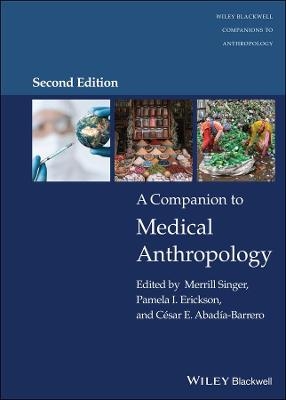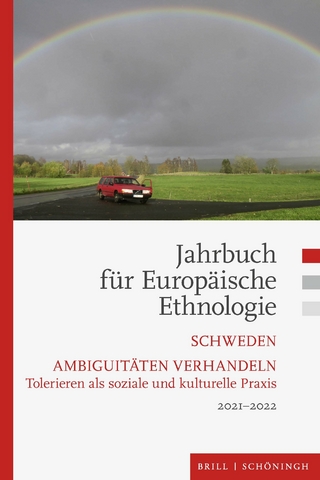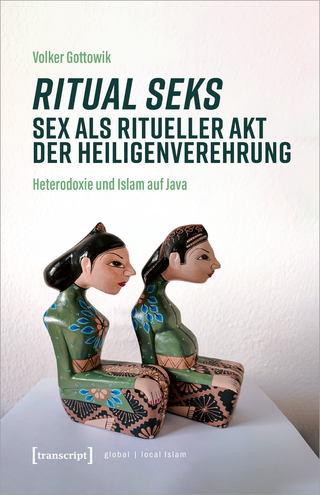
The Color of Love
University of Texas Press (Verlag)
978-1-4773-0238-5 (ISBN)
- Titel ist leider vergriffen;
keine Neuauflage - Artikel merken
Charles Horton Cooley Award for Recent Book, Society for the Study of Symbolic Interaction , 2017
The Color Of Love reveals the power of racial hierarchies to infiltrate our most intimate relationships. Delving far deeper than previous sociologists have into the black Brazilian experience, Elizabeth Hordge-Freeman examines the relationship between racialization and the emotional life of a family. Based on interviews and a sixteen-month ethnography of ten working-class Brazilian families, this provocative work sheds light on how families simultaneously resist and reproduce racial hierarchies. Examining race and gender, Hordge-Freeman illustrates the privileges of whiteness by revealing how those with “blacker” features often experience material and emotional hardships. From parental ties, to sibling interactions, to extended family and romantic relationships, the chapters chart new territory by revealing the connection between proximity to whiteness and the distribution of affection within families.
Hordge-Freeman also explores how black Brazilian families, particularly mothers, rely on diverse strategies that reproduce, negotiate, and resist racism. She frames efforts to modify racial features as sometimes reflecting internalized racism, and at other times as responding to material and emotional considerations. Contextualizing their strategies within broader narratives of the African diaspora, she examines how Salvador’s inhabitants perceive the history of the slave trade itself in a city that is referred to as the “blackest” in Brazil. She argues that racial hierarchies may orchestrate family relationships in ways that reflect and reproduce racial inequality, but black Brazilian families actively negotiate these hierarchies to assert their citizenship and humanity.
Elizabeth Hordge-Freeman, a 2015–2016 Fulbright Scholar, is an assistant professor of sociology with a joint appointment in the Institute for the Study of Latin America & the Caribbean at the University of South Florida.
Acknowledgments
Introduction. The Face of a Slave
Part I. Socialization and Stigma
Chapter 1. What's Love Got to Do with It? Racial Stigma and Embodied Capital
Chapter 2. Black Bodies, White Casts: Racializing and Gendering Bodies
Chapter 3. Home Is Where the Hurt Is: Affective Capital, Stigma, and Racialization
Part II. Racial Socialization and Negotiations in Public Culture
Chapter 4. Racial Fluency: Reading between and beyond the Color Lines
Chapter 5. Mind Your Blackness: Embodied Capital and Spatial Mobility
Chapter 6. Antiracism in Transgressive Families
Conclusion. The Ties That Bind
Appendix A: Research Methods and Positionality
Appendix B: Major Interview Topics
Notes
Bibliography
Index
| Reihe/Serie | Louann Atkins Temple Women & Culture Series |
|---|---|
| Verlagsort | Austin, TX |
| Sprache | englisch |
| Maße | 152 x 229 mm |
| Gewicht | 652 g |
| Themenwelt | Sozialwissenschaften ► Ethnologie ► Völkerkunde (Naturvölker) |
| Sozialwissenschaften ► Soziologie | |
| ISBN-10 | 1-4773-0238-7 / 1477302387 |
| ISBN-13 | 978-1-4773-0238-5 / 9781477302385 |
| Zustand | Neuware |
| Haben Sie eine Frage zum Produkt? |
aus dem Bereich


